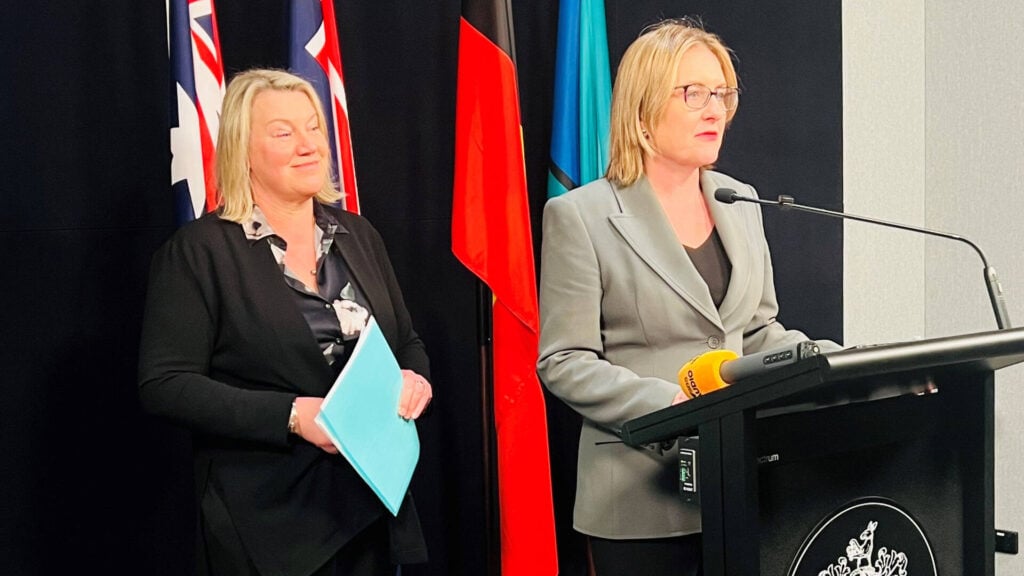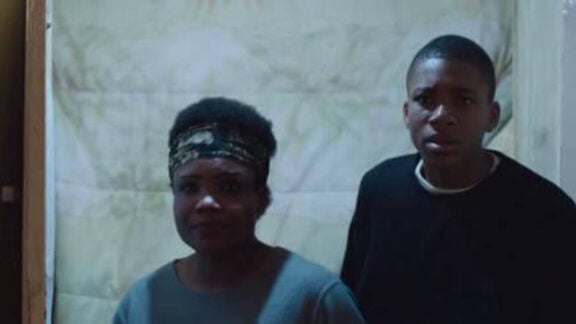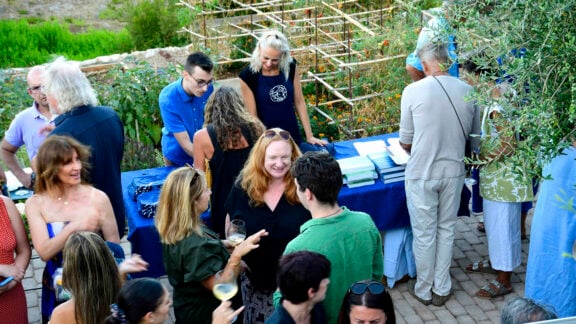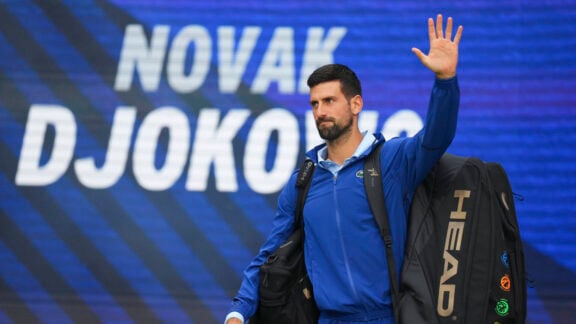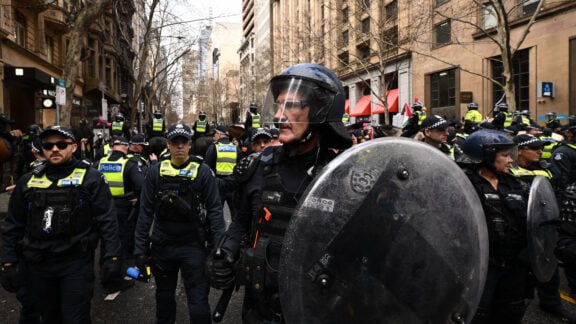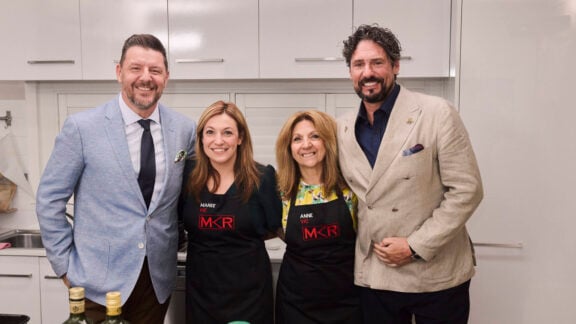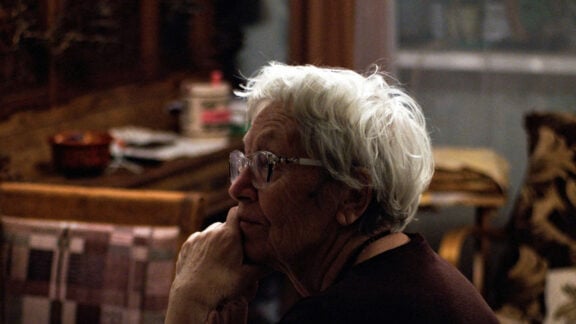The Victorian government has unveiled sweeping reforms, creating a new statutory authority, Multicultural Victoria, to replace the long-standing Victorian Multicultural Commission (VMC). Premier Jacinta Allan and Multicultural Affairs Minister Ingrid Stitt said the changes, delivered in response to a review led by George Lekakis AO and his advisory team, would strengthen social cohesion at a time when global conflicts and extremist views are straining local communities. The team included Dr Hass Dellal AO, Miriam Suss AOM, Carmel Guerra OAM, and Mark Duckworth PSM.
The report, Rebuilding Trust – For a Multicultural Victoria, is being hailed as a watershed moment in multicultural policy. Established in the mid-1990s, the commission will be dissolved and replaced with Multicultural Victoria, led by a Coordinator General, or ‘multicultural tsar,’ supported by two deputies (including one in regional Victoria) and a five-member advisory council. Allan said the VMC’s structure was “no longer adequate to address today’s challenges.” Both Allan and Stitt praised the commission’s work during crises such as the COVID-19 pandemic but said new structures were needed.
“Armed with the findings of this review, we can proudly say we are one Victoria. Multiculturalism isn’t the problem – it is the solution. Our government will continue to support communities every step of the way.”
“We will move forward with a Social Cohesion Commitment for all organisations applying for grants, setting a clear standard of leadership,” Allan told a gathering of multicultural media. “These reforms reflect our vision for a united Victoria, where multicultural organisations are stable partners and multicultural people are champions of cohesion,” she added.
Why now?
The review, with input from 640 Victorians across 57 consultations and 150 organisations, found trust in institutions had eroded due to overseas conflicts, rising extremism, antisemitism, incidents such as the firebombing of the Adass Israel synagogue, and a rise in Islamophobia. The catalyst was the controversy surrounding former commissioner Mohamed Mohideen.
Despite repeated calls for his removal after sharing material online defending Hamas, endorsing chants of “death to Israel,” reposting a video of a Jewish professor with devil horns, and praising Iran’s Supreme Leader, Mohideen served his full term. He denied the posts were anti-Semitic. All new members of Multicultural Victoria will be required to sign a strict code of conduct prohibiting the promotion of extremist or divisive content.
First steps
Organisations receiving multicultural grants will now be required to sign a new “Social Cohesion Commitment.”
Allan said it was a standard-setting tool rather than punitive, but breaches could require apologies, internal changes, or loss of funding. The requirement will eventually extend to all government grants. The reforms include nearly $1 million recommended by the Anti-Hate Taskforce, and $5 million for cultural institutions including the Holocaust Museum, Islamic Museum, Jewish Museum, Chinese Museum, Vietnamese Museum, and Bendigo’s Golden Dragon Museum. Language services will also be formally recognised as an essential service.
“We’re going to fund more Victorians, and more Victorian kids to visit and multicultural museums. We recognise that multicultural communities and those organisations are under pressure,” Allan said. There are 42 recommendations, with another 16 for further consideration.
Asked by Neos Kosmos how they will be implemented, Allan said it is about “recognising that we need to support leadership at all the levels.
“And to do part of that,” she added, “information is incredibly important. Strengthening the information that is shared across departments and communities.”
“One of the things that I’ve observed through my time as Premier, and as a member of Parliament, is just how welcoming every multicultural group is in this state of other groups, and other people who may not be from their faith or cultural background. Every place of worship, every community centre, the doors are always wide open, welcoming everyone. That’s what we’ve got to be reminding everyone of.”
Report is an ongoing project
Premier Allan said that she will be overseeing the enactment of the report and its implementation up juntil the set up of the new statutory authority.
Stitt said the Lekakis report is “a piece of work that needs to be ongoing.” “There’s no real end to it. It just must be an ongoing effort and we must make sure that we are bringing together all the forces of government.”
Asked by Neos Kosmos how the reforms will secure bipartisan support, given the end of the commission and elections next year, Stitt said she would not comment “on what others might think or do in relation to this work.”
“At the heart of the recommendations are the voices of multicultural communities, and as I said earlier, that’s the great strength of the report — how widely and deeply both George and the advisory group consulted across the state, and they took their time doing that. It’s important that this is not a ticket and flick exercise.”
“The commission helped multicultural and linguistically diverse communities understand what they needed to do to keep them and their families safe.”
Stitt said the changes are about “strengthening the future structures so that we continue that great legacy that the VMC has built.” She confirmed legislation will be introduced, with the VMC continuing until the new structure is in place.
Lekakis: supporting communities and reducing division
George Lekakis later told Neos Kosmos that the 42 recommendations cut across portfolios and address “critical issues which impact upon people in multicultural communities across the state of Victoria.”
“Some issues are are long-standing issues which have yet to be dealt with in a considered manner — for example, the provision of interpreting services as an essential service is a key recommendation.”
He also stressed the importance of language preservation for the Greek community.
“I listened to what the Greek community was putting forward, particularly in respect to education policies, and there’s several recommendations which address bilingual kindergartens and language learning support for language schools.”
Conscious of antisemitism, Islamophobia, and extremism from both left and right, Lekakis emphasised the overarching priority was cohesion. “There is nothing more important than reducing division in our society and making life for all a positive one, and not one influenced by extremist views.”
The president of the Greek Community of Melbourne, Bill Papastergiadis, also a commissioner of the VMC, applauded the Lekakis report.
“Significant commitments from government and various departments, on funding and engagement,” Papastergiadis added.
“These commitments will enable Victoria to lead globally on social cohesion and cooperation. These reforms will ensure that we continue to strengthen the bonds that tie us.”
Neos Kosmos will examine the report in detail, analyse it, and seek further responses from government ministers and other experts.
Download the Report Here: www.vic.gov.au/victorias-multicultural-review
